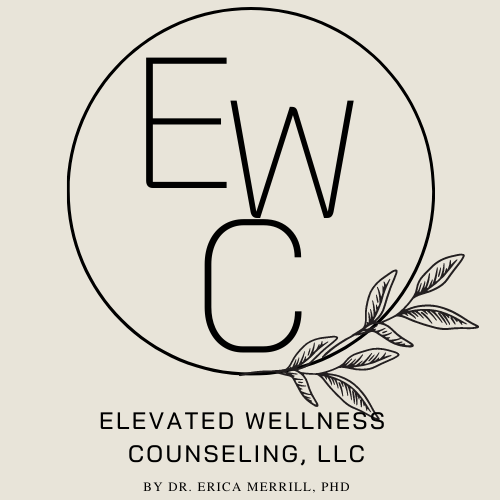
Counseling Services
Individual Work
Individual counseling involves an ongoing relationship between a client and their therapist with the ultimate goal of discovering the reasons why someone is having difficulties with thoughts, feelings or behaviors while gaining an understanding about what changes may be helpful. This method of working through issues and problems leads to greater self-awareness and a broader range of personal development opportunities. This type of therapy provides deeper understanding, which makes it more likely for people to achieve lasting change related to their concerns and life goals.
Couples Work
Couples counseling exists to help you see clearly what is currently happening in your relationship, to be clear about what you would like to be different, and to enable you to bridge the gap. In this format of counseling, you gain new perspectives about each other and the way you relate, and you also learn new ways of being together. Couples counseling includes building tangible skills to help you do something different, as well as helping you explore your feelings and thoughts with your partner. It has an appreciative focus as well as exploring difficulties.
Sex Therapy Work
Sex-focused therapy is designed to help individuals and couples address medical, psychological, personal, or interpersonal factors impacting sexual satisfaction. Areas of concern may include desire discrepancies, arousal and orgasm difficulties, performance and satisfaction issues, kink/fetishes, sexual pain, gender identity and /or sexual orientation, sex education, porn use, out of control sex, and erotic exploration. Sex-focused therapy aims to decrease shame around sex, increase safety to foster curiosity regarding sex, help clients voice their sexual and relational needs, and then develop a sexual health plan. The goal of sex-focused therapy is to help people move past physical and emotional challenges to have a satisfying relationship and pleasurable sex life.
Group Work
Curious about consensual/ethical non-monogamy? This group is designed for couples of any orientation, who may currently see themselves as vanilla in their sex life but desire to explore the world of consensual non-monogamy in the safety of a therapeutic environment . This group will provide psycho-education on the process and impact of ENM by increasing effective communication strategies, learning about the "Lifestyle" together through various readings, & designing a tailored road map for practicing safely. Discreet, supportive and a great atmosphere for exploring everything you wanted to know about ENM before acting. This closed group of 4-5 couples will meet for 8 consecutive weeks.
Sessions & Fees.
Therapy is not a one size-fits-all scenario. It’s important that you find a counselor that you feel comfortable to disclose your concerns and someone you feel can understand your experiences. We call this therapeutic alliance and is paramount to your progress in treatment. I look forward to chatting further to determine if you and I will be a good fit.
SESSION TIMES & FEES:
Sessions are typically 50-60 minutes long. I recommend that clients come once per week when first beginning. It’s common to decrease frequency once momentum is established and you feel you are making progress towards your goals. Group sessions will last 60-90 minutes.
Fees range from $175-$250/session depending on the type of session, individual or couples. Group work fees are $50 a person or $100 a couple per session.
Fees are due at the time of service in the form of debit/credit card or Health Saving Account. I use Ivy Pay which is a HIPAA compliant payment platform. Contact me to see if you qualify for a reduced rate. Learn more about receiving a Good Faith Estimate.









